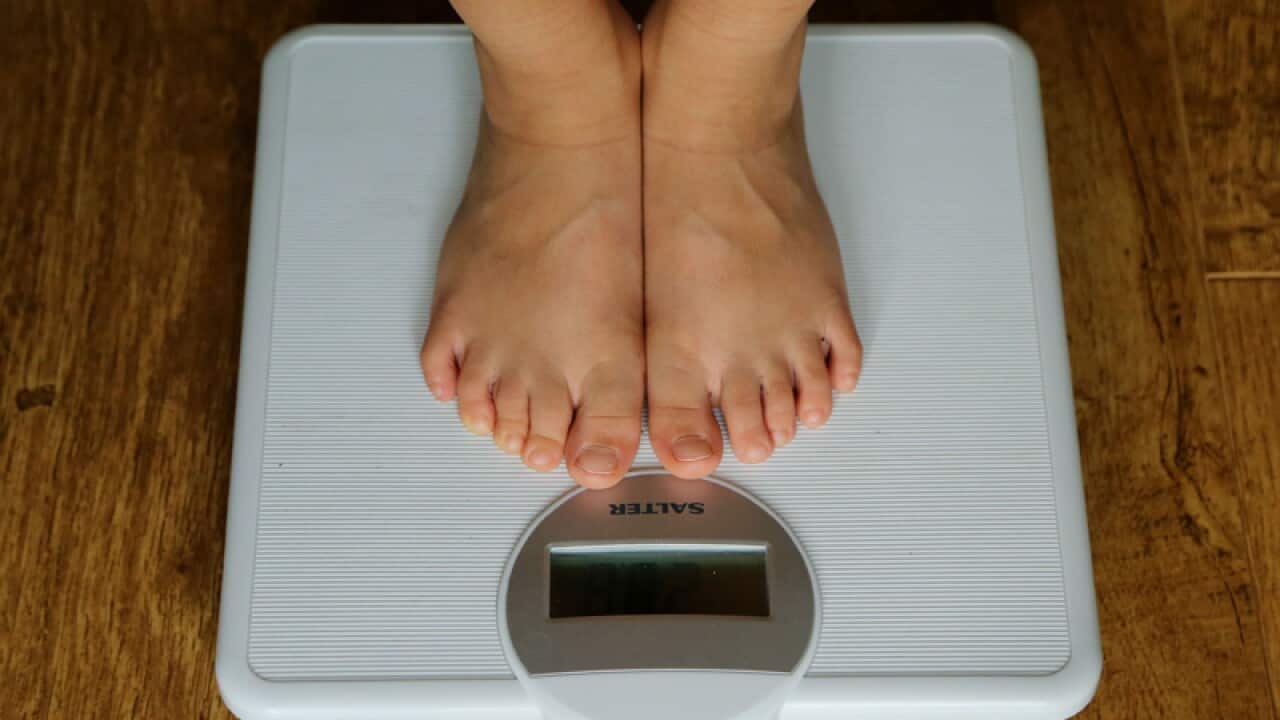Obese people are more likely to suffer from chronic pain but many medications cause them to put on even more weight, says an expert.
While some anti-depressants and anticonvulsant drugs may reduce physical pain in the short-term, the increased weight can ultimately worsen the problem.
But using lower-risk drug options, reducing weight or just changing your diet, and doing graduated exercise can be beneficial, says Dr John Pereira, a physician at Canada's largest chronic pain treatment centre.
He was speaking before addressing pain specialists at a meeting of the Faculty of Pain Medicine of the Australian and New Zealand College of Anaesthetists in Auckland.
"Obesity is a risk factor for developing chronic pain and has a particularly strong impact on those with knee problems," he said.
"Every time you take a step, the entire weight of your body comes crashing down on the joint."
Obese people also can develop pain in their hips, ankles, spine and surprisingly in their hands through osteo-arthritis.
"Fat is metabolically active and seems to increase inflammation and pain throughout the body," Dr Pereira said.
"Even when weight loss is elusive, consuming more fruits, vegetables and good fats such as Omega-3s, as well as curcumin, can help combat inflammation."
Cutting down on sugar, "which is pro-inflammatory" , can also help.
Many popular medicines can actually increase the patient's weight - in one study as much as 10 per cent in the long-term - so doctors should be aware of other drug options.
And losing even a small amount of weight - say about five kilos - also had been shown to dramatically help pain, particularly in the knees.
Senior physiotherapist at the Auckland Regional Pain Service, Murray Hames, said obese people in pain sometimes avoid exercising because it hurts and they are physically weak, and they fear it will aggravate the pain.
But discomfort at the start of a supervised program can be a natural consequence of inactivity, he said.
"So a big part of helping people back into exercise is helping them regain their confidence."
*The writer travelled to the conference courtesy of the ANZCA.









